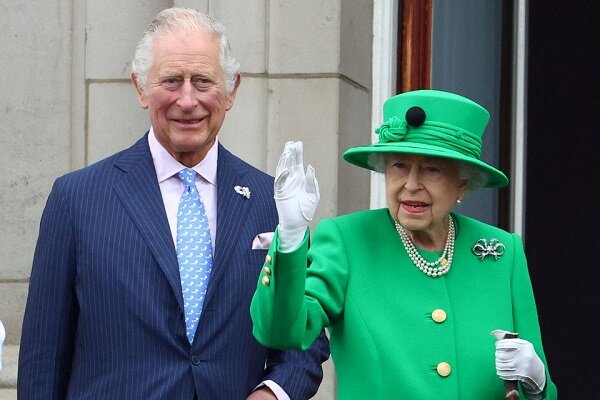Queen Elizabeth II, Britain’s longest-reigning monarch, dies at 96

Britain’s Queen Elizabeth II, 96, died at the Balmoral royal estate in Scotland on Thursday afternoon after having suffered from health problems since last October.
She was in her Platinum Jubilee year, marking 70 years since she succeeded her father king George VI in 1952.
All her children – including heir to the throne Prince Charles – rushed to be at her side at Balmoral, aides said.
Pope Francis said he was "deeply saddened" at the death of Queen Elizabeth, offering prayers for her "eternal rest" and for her son Charles as he becomes king, AFP reported.
In a personal telegram to the new monarch, the head of the Catholic Church paid tribute to the queen's "life of unstinting service... her example of devotion to duty, her steadfast witness of faith in Jesus Christ".
Addressing the new Charles III, he added: "I invoke an abundance of divine blessings as a pledge of comfort and strength in the Lord".
U.S. President Joe Biden has hailed the late British Queen as a "stateswoman of unmatched dignity," and said he looked forward to working with her son King Charles, noting their already "close friendship".
"Queen Elizabeth II was a stateswoman of unmatched dignity and constancy who deepened the bedrock alliance between the United Kingdom and the United States," Biden said in a statement. "She helped make our relationship special," he said.
Queen Elizabeth's long reign saw her outlast 9 French presidents, Macron being the 10th she met. She also made five state visits to France, in 1957, 1972, 1992, 2004 and 2014.
Macron said in a statement on Twitter that Queen Elizabeth II embodied the British nation’s continuity and unity for over 70 years.
"I remember her as a friend of France, a kind-hearted queen who has left a lasting impression on her country and her century," Macron said.
New Prime Minister Liz Truss also paid tribute to the queen. She also offered her support and loyalty to the nation's new monarch, whom she introduced as Charles III.
